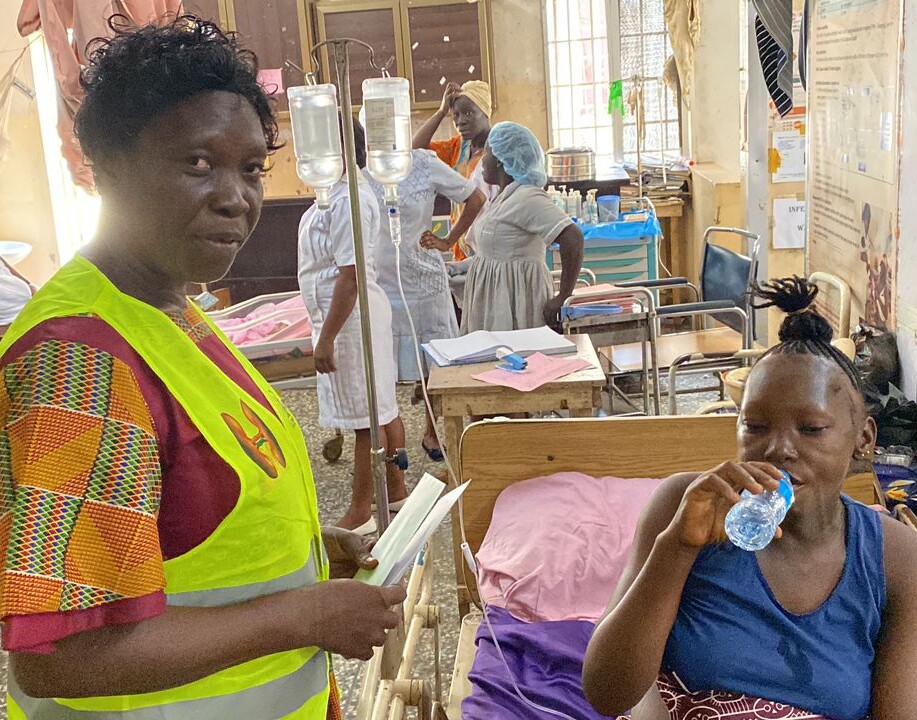It is estimated that the prevalence of CKD is around 3% in women of childbearing age.
Pregnancy in Chronic kidney disease, has a high rate of adverse maternal and fetal outcomes including miscarriage, preterm delivery, preeclampsia and fetal death.
Even pregnant women with mild decrease in glomerular filtration rate (GFR) are at an increased risk of adverse events compared to women without kidney disease.
Women with known renal disease should be encouraged to seek advice before they embark on a pregnancy. Apart from discussing the effects of pregnancy on the renal disease, preconception counseling provides an opportunity to assess the severity of the renal disease and if necessary implement treatment to control hypertension and optimize renal function.
Pregnancy outcome is likely to be good if renal function and blood pressure are normal at conception.
Anatomic changes involving the urinary tract begin in the first trimester of pregnancy and can persist up to 16 weeks postpartum. These changes include dilatation of the renal calyces, pelves, and ureters, as well as reduced ureteral peristaltic activity. Their precise etiology is unknown but can be attributed to a combination of mechanical and hormonal factors. Dilatation of the ureter is usually more prominent on the right secondary to dextrorotation of the gravid uterus. In addition, there is reduced ureteral peristalsis and a greater volume of residual urine compared with the nonpregnant state. These factors predispose to urinary stasis and to an increased risk of infection.
The Maternal Health initiatives against kidney disease related maternal Motality.
This initiative is one that focuses on:
- Community Awareness on maternal health screening before pregnancy
- Community and Hospital Awareness on ANC clinics to early detect pre-eclampsia or other kidney related disorders during pregnancy and commence best treatment outcomes for both mother and child.
- ANC kidney disease screening for all pregnant women who might have missed kidney disease screening before pregnancy in their communities.
- Providing financial support and services to pregnant kidney patients for a better pregnancy outcome.
- Conducting several researches on pregnancy and kidney disease related issues, including prevention and treatment outcomes.


